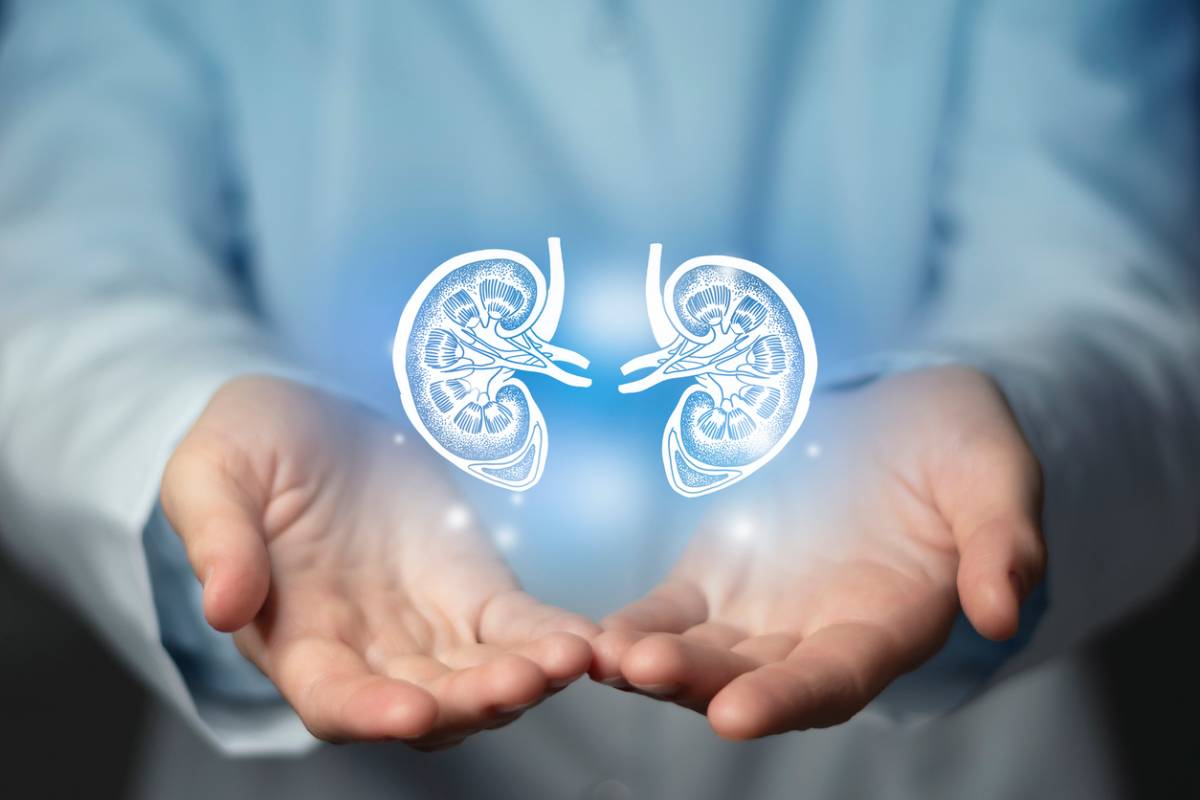Kidney health is an important part of the total health of the body, and any condition afflicting these essential organs has the potential to seriously negatively impact the overall health of any given individual. Below, we cover the symptoms of chronic kidney disease.
That’s why it is very important to monitor your body for any signs of chronic kidney disease, a condition that can have fatal implications if not addressed.
Symptoms of Chronic Kidney Disease
If you’re worried that you’re at risk for end-stage renal disease, take a look at this overview that describes some of the symptoms to look for.
What Occurs During Kidney Failure?
Kidneys perform the essential function of filtering waste material out of the body by flushing them through the urinary tract. If your kidneys begin to fail, dangerous levels of liquid wasted material begin to gather in the body.
Kidney disease can be subtle at first, and you may not notice its onset for some time after symptoms begin developing. However, catching the subtle signals early can help prevent the development of more severe disease later.
However, once the disease has progressed, there’s a chance that you may not be able to contain it even after identifying the root cause. If your kidney disease progresses to the point that you experience kidney failure, you will likely die unless you are able to receive dialysis treatment or a kidney transplant.
Symptoms of Kidney Disease
There are numerous symptoms associated with the development of advanced kidney disease. Some of the most notable ones to keep an eye out for include:
- Vomiting
- Loss of appetite
- Nausea
- Sleep problems
- Fatigue
- Decreased mental acuity
- Urinating more or less
- Swelling in the feet or ankles
- Dry and itchy skin
- High blood pressure or hypertension
- Shortness of breath
- Chest pain – can be indicative of fluids building in the lungs
These signs and symptoms can all be associated with other diseases as well. However, if you begin to experience multiple instances of these beginning to show up, you may want to seek out the help of a medical professional in order to receive a diagnosis.
What Is Kidney Dialysis?
During renal dialysis, a patient’s kidneys are cleaned of extra water, poisons, and solutes. This procedure is frequently crucial to keeping a patient from becoming seriously ill or dying.
Normally, healthy kidneys can take care of this on their own without any help. Dialysis is required in place of kidney disease treatment when a patient’s kidney condition is chronic and prevents the kidneys from functioning normally.
Kidney dialysis comes in a variety of forms, each with a specific area of treatment. Hemodialysis is a form of dialysis where a patient has blood drawn from them using a small needle.
Is Dialysis Painful?
Most people don’t think that receiving dialysis is an unpleasant procedure. Patients should be informed, though, that the procedure causes the body to experience a number of unusual feelings while it is being done.
The reason for this is that during dialysis, body fluids are affected and circulated throughout the bloodstream, irrespective of the specific kind being administered.
This procedure may result in a variety of odd-feeling bodily experiences. Although these feelings aren’t particularly terrible, if one isn’t used to them, they might seem pretty strange and slightly uncomfortable. Occasionally, dialysis patients report feeling as though there is a hum or vibration running over their skin. Another name for this is the “pulse” of dialysis.
When to Seek Help
If you begin to experience one or more of the above symptoms, try to seek out the help of a medical professional before your kidney disease begins to develop to the stage of kidney failure.
You should be especially cautious if you have an underlying medical condition that makes you especially susceptible to developing severe symptoms. Your physician will likely perform a series of tests to determine whether you have any underlying conditions that might make you especially vulnerable to the progression of advanced kidney disease.
You can prepare for your consultation and discuss your condition with your doctor by keeping accurate track of the types of symptoms you’re experiencing. By reporting these to your physician, you can help them more rapidly determine whether or not you’re experiencing advanced kidney disease. They can then prepare an adequate treatment plan for you.
The Kidney Expert of Los Angeles
Dr. Gura is widely considered to be one of LA’s best kidney doctors. If you’re interested in talking with a trained professional about these matters, contact him today in order to start the journey toward achieving kidney wellness.

